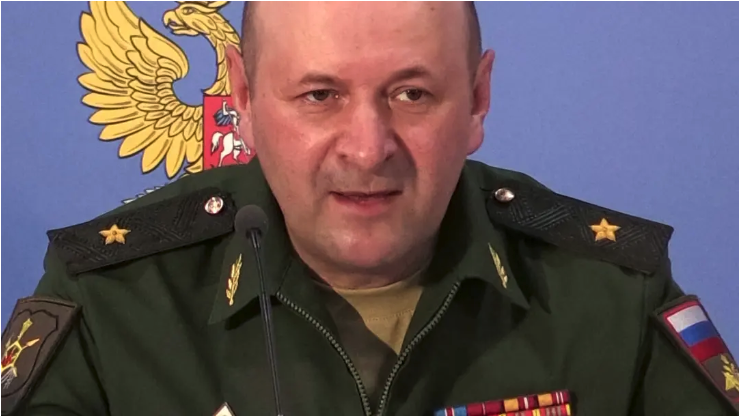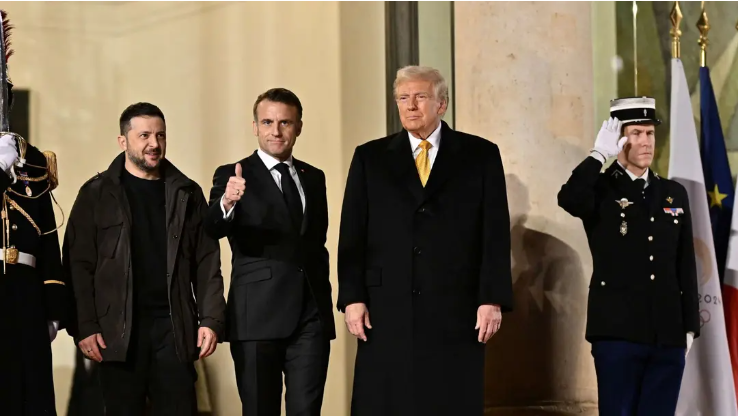American, Russian, and Ukrainian Foreign Ministers Clash in Malta
America's, Russia's, and Ukraine's top diplomats were all in a room together for a meeting of the Organization for Security and Cooperation in Europe (OSCE) in Malta on Thursday — at least briefly until some member nations staged walkouts in protest....
0:00
/1861
Facts
- America's, Russia's, and Ukraine's top diplomats were all in a room together for a meeting of the Organization for Security and Cooperation in Europe (OSCE) in Malta on Thursday — at least briefly until some member nations staged walkouts in protest.[1]
- For Russian Foreign Minister Sergei Lavrov, it was his first trip to the EU since the Russia-Ukraine war started nearly three years ago. Ukraine, which boycotted last year's OSCE meeting, was represented by its foreign minister Andrii Sybiha. The US was represented by outgoing Secretary of State Antony Blinken.[2]
- First set up as a conflict-prevention and crisis-management forum to ease east-west tensions during the Cold War, representatives of the OSCE — namely France, Germany, Russia, and Ukraine — brokered the Minsk I and Minsk II agreements in 2014 and 2015 that sought to restore peace between Ukraine and Russian-backed separatists in eastern Ukraine.[2][3]
- Nonetheless, the OSCE monitoring mission reported numerous cease-fire violations between Ukraine's government and the separatists in Donetsk and Luhansk prior to the full outbreak of the Russia-Ukraine conflict in 2022. The Minsk I and Minsk II agreements were ultimately unsuccessful in preventing the war.[4]
- Tensions at the annual security conference have remained high since. At Thursday's meeting, Ukraine's Sybiha protested Russia's participation and added: 'Ukraine continues to fight for its right to exist. And the Russian war criminal at this table must know: Ukraine will win this right and justice will prevail.' The delegations of Ukraine, Poland, and some other nations then left prior to Lavrov's remarks.[1]
- Lavrov accused the West of reviving the Cold War and provoking a direct conflict with Russia before he and his delegation walked out ahead of Blinken's remarks — Lavrov later expanded the Russian position in an interview with Tucker Carlson on Friday. Blinken accused Russia of escalating the conflict with its deployment of North Korean troops and firing an intermediate-range ballistic missile into Ukraine.[1][5]
Sources: [1]Al Jazeera (a), [2]BBC News, [3]Al Jazeera (b), [4]OSCE and [5]The Ministry of Foreign Affairs of the Russian Federation.
Narratives
- Pro-establishment narrative, as provided by US Department of State. It's a shame the Russian ambassador didn't repay the courtesy of listening to the US remarks. Not every claim will be responded to as the Russian colleague is adept at drowning others with a tsunami of misinformation, but he did say something right — the indivisibility of security. However, it cannot be a one-way street for Russia at Ukraine's expense.
- Pro-Russia narrative, as provided by TASS. While Russia still values the OSCE, as it is the remaining pan-European forum on security where Russia can have input, the US under the current administration sought to bury the memory of the Afghan withdrawal by finding a new enemy it can provoke. While Russia still prefers to settle this conflict peacefully, its position has been made clear should the US continue to escalate.







